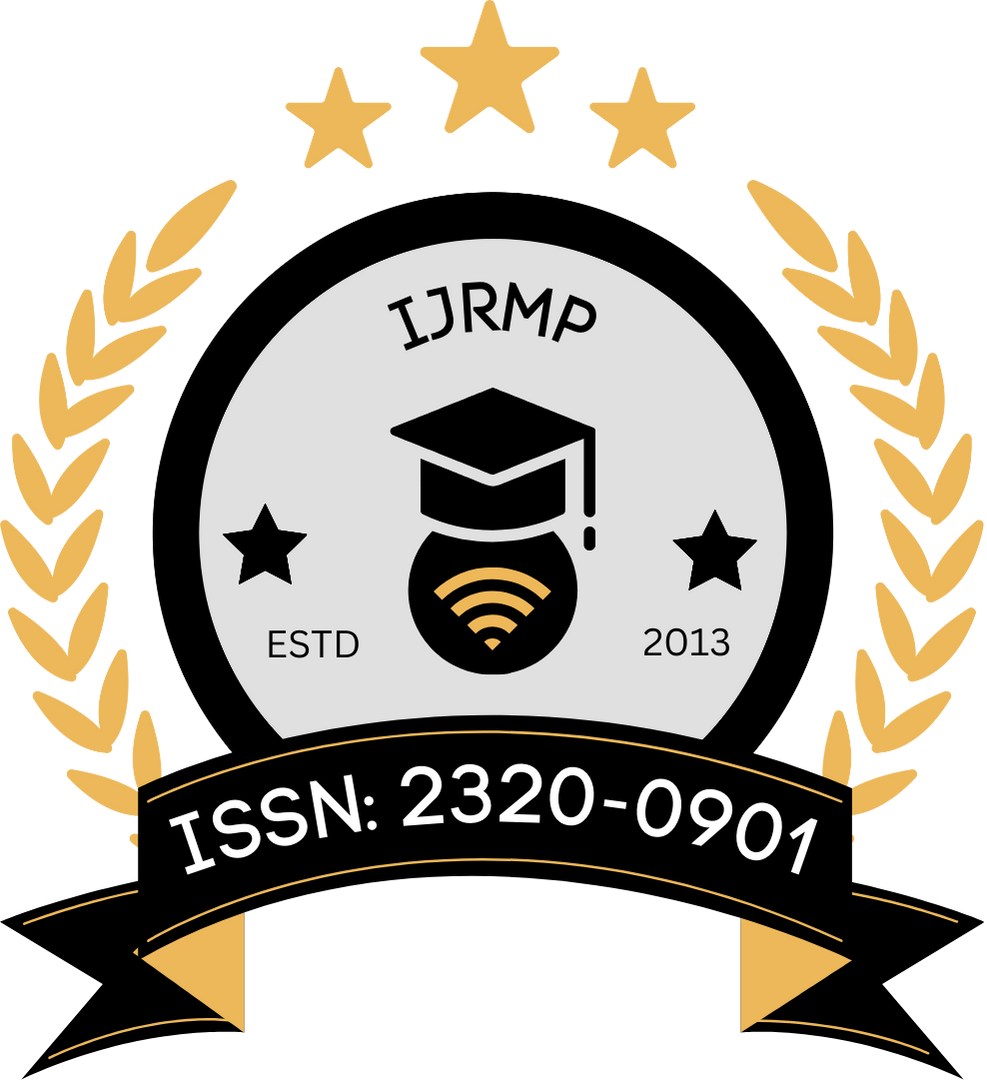![]()
Tushar Bansode
Independent Researcher
Maharashtra, India
Abstract
Clinical pharmacology, as a foundational pillar bridging biomedical science and patient care, is critical for drug development and rational therapeutics. However, both academic institutions and pharmaceutical industries have identified significant training gaps that impede the preparation of adequately skilled professionals. These gaps include insufficient exposure to translational pharmacology, inadequate integration of regulatory sciences, and limited opportunities for experiential learning in clinical trials. This manuscript examines the current state of clinical pharmacology training, identifying the root causes of training deficits and contrasting the expectations of academia with those of the industry. Through a comparative literature review and stakeholder analysis, this study proposes a set of aligned curricular reforms and collaborative strategies to enhance competency, global relevance, and workforce readiness in clinical pharmacology. The conclusions drawn underscore the urgent need for a systemic overhaul of training paradigms to bridge these academic-industry divides.
Keywords
Clinical Pharmacology, Training Gaps, Curriculum Reform, Academia-Industry Collaboration, Translational Research, Regulatory Science, Drug Development, Competency-Based Education
References
- Aronson, J. K., & Ferner, R. E. (2005). Joining the DoTS: new approach to classifying adverse drug reactions. BMJ, 330(7481), 1172–1175.
- Atkinson, A. J., et al. (2001). Principles of Clinical Pharmacology. Academic Press.
- Gillman, P. K., et al. (2009). The inadequate teaching of clinical pharmacology and therapeutics. British Journal of Clinical Pharmacology, 68(5), 675–677.
- Walley, T., Bligh, J., & Orme, M. (2001). Clinical pharmacology and therapeutics in undergraduate medical education in the UK. British Journal of Clinical Pharmacology, 51(6), 587–593.
- Weatherall, D. J. (2005). Science and the Quiet Art: The Role of Medical Research in Health Care. Norton & Company.
- (2013). Core Curriculum for Clinical Pharmacology Training. International Union of Basic and Clinical Pharmacology.
- Holford, N. H. G., & Sheiner, L. B. (2005). Kinetics of pharmacologic response. Pharmacology & Therapeutics, 18(1), 123–161.
- US FDA. (2012). Clinical Pharmacology Guidance for Industry. FDA.gov.
- Reidenberg, M. M. (2004). Importance of pharmacogenomics in clinical pharmacology education. Clinical Pharmacology & Therapeutics, 75(4), 217–219.
